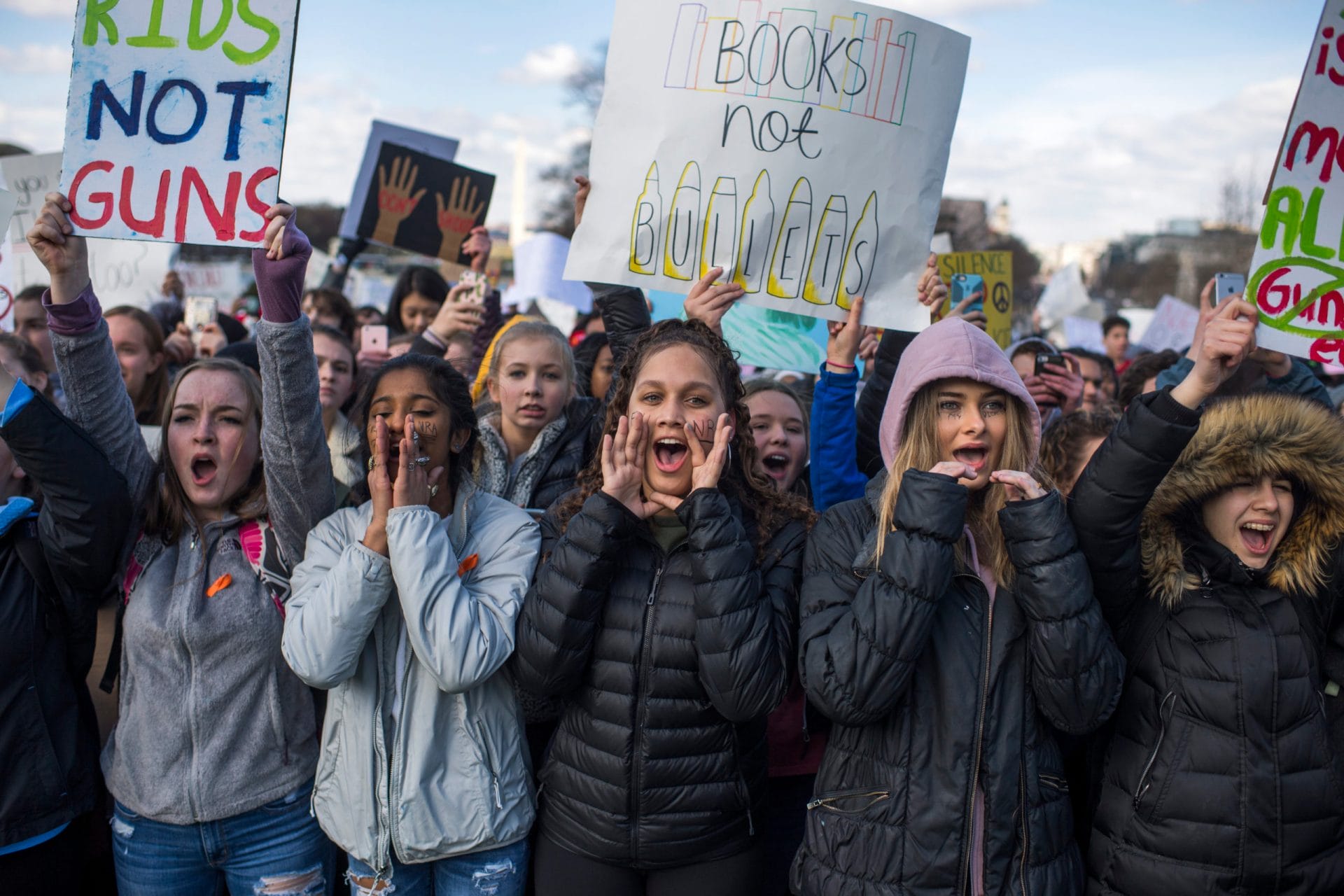
Celebrating Black Activists in the Gun Violence Prevention Space
Gun violence is a uniquely American problem—and Black Americans are disproportionately impacted by it.
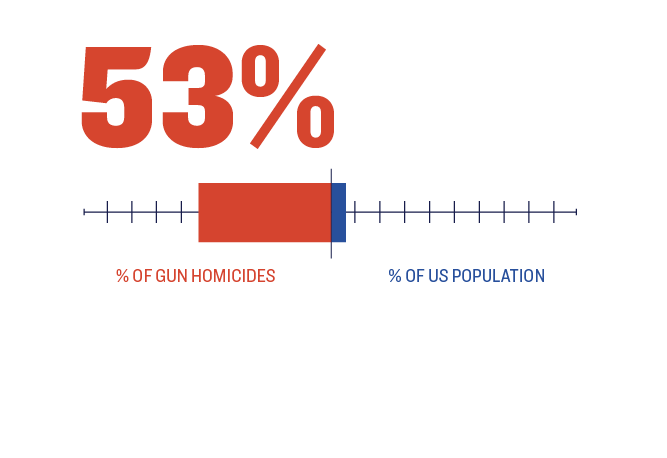
Over half of gun homicide victims are Black men
Source
Centers for Disease Control and Prevention, National Center for Health Statistics. Underlying Cause of Death 2018-2021 on CDC WONDER Online Database, released in 2023. Data are from the Multiple Cause of Death Files, 2018-2021, as compiled from data provided by the 57 vital statistics jurisdictions through the Vital Statistics Cooperative Program. Accessed at http://wonder.cdc.gov/ucd-icd10.html on Feb 9, 2023. Calculations were based on four years of the most recently available data: 2018 to 2021
Despite comprising less than seven percent of the population, Black men make up over half of gun homicide victims. Black children are 10 times more likely to be killed in a gun homicide than white children. Black women are nearly twice as likely as white women to be fatally shot by an intimate partner.
These statistics are devastating. But we know what it takes to reduce gun violence—courageous leaders fighting for evidence-based, effective policies. As Black History Month draws to a close, we’re highlighting some of the Black activists who are working hard to save lives across the country.
Brenda Mitchell, Survivor and Community Leader, Chicago
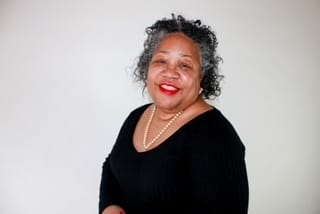
In the aftermath of her son Kenneth’s murder in 2005, Brenda Mitchell devoted her time to helping others. “I focused on his kids, I focused on supporting them, I focused on passing commonsense gun laws,” Brenda said. “I focused on everyone but myself.”
The stress of coping with the loss of her son combined with trying to be strong for her family placed a tremendous strain on Brenda’s health, and nearly cost her her life. She re-directed her energy into first processing her own pain, and then into helping other survivors navigate their healing journey through meditation. Brenda believes that “losing a loved one to gun violence isn’t normal, so the grief isn’t normal.”
If you’re a gun violence survivor, our toolkit “From Healing to Action” is intended to support survivors of all forms of gun violence who might find solace or guidance in these pages.
The Hunger 9, Community Advocacy Group, Miami
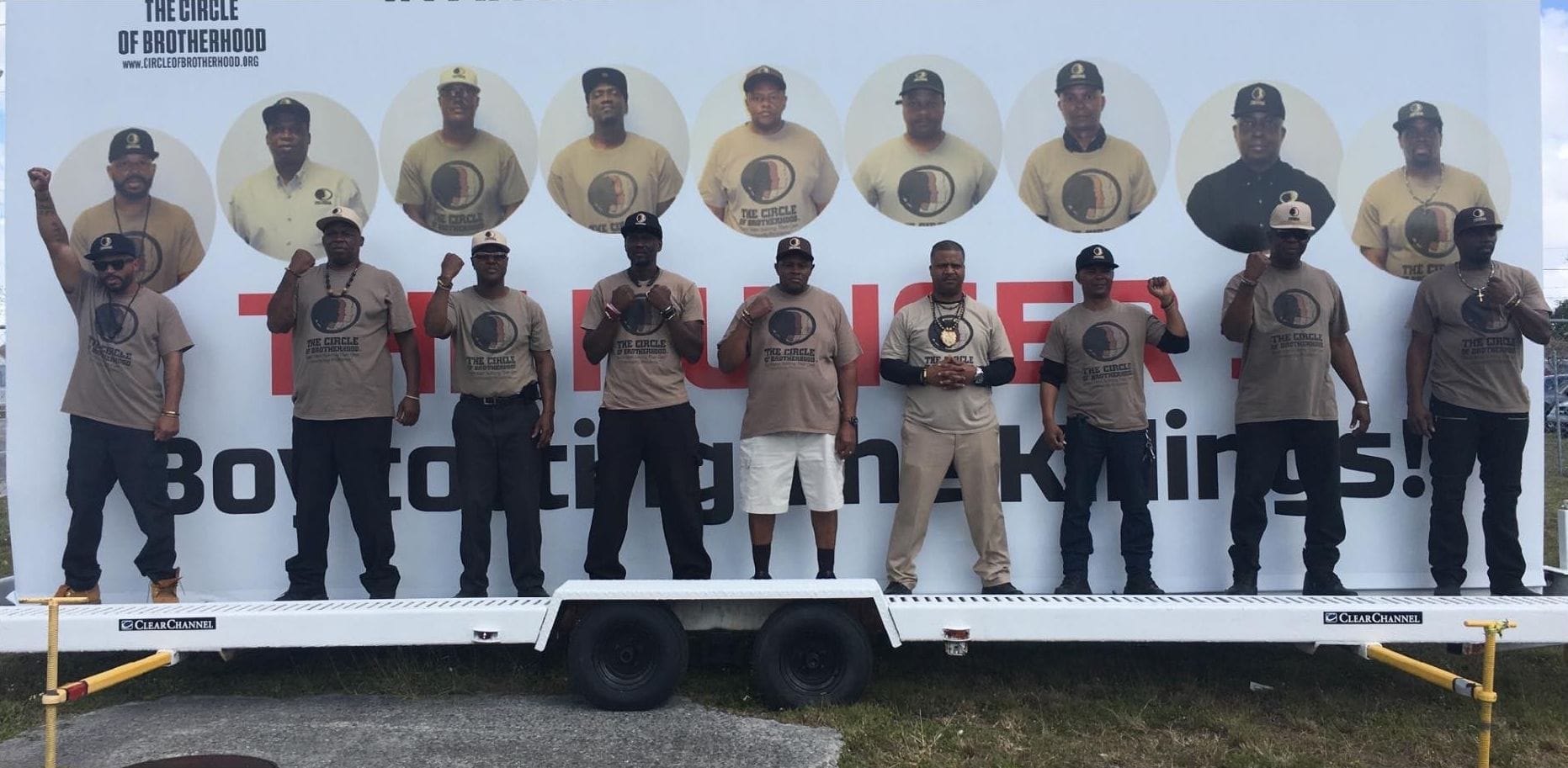
As gun violence surged all around them in March 2019, members of the Circle of Brotherhood, an organization of Black men in Miami dedicated to community service, knew they had to do something to bring attention to the near-daily tragedies happening in their neighborhoods.
They decided upon a risky but powerful tactic: for 21 days, nine men staged a public hunger strike, consuming nothing but water while camped out in an area that had been plagued by gun violence. These men—Anthony Blackman, McCarthur Richard Sr., Albert Campbell, George Jackson, Leroy Jones, Phillip Tavernier, Melvin El, Ed Haynes, and Anthony Durden—put their bodies on the line to bring awareness to the toll gun violence was taking on their community.
Though their hunger strike has ended, their work continues today. Using a quote from Martin Luther King, Jr., they challenge us to effect change in our own communities, believing that “everyone can be great, because anyone can serve.”
Destini Philpot, Community Organizer and Survivor, Baltimore
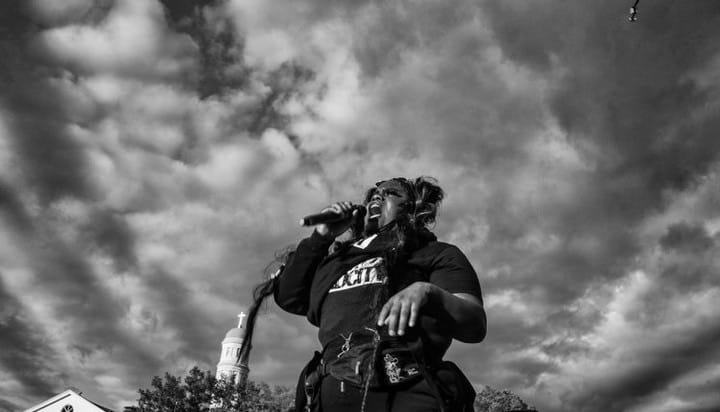
One of Destini Philpot’s first memories is tracing the scar of a healed bullet wound on their father’s stomach when they were just three years old. As they grew older, gun violence and the trauma it causes remained a nearly inescapable presence in the lives of Destini and their fellow Baltimoreans.
Motivated by a status quo that led to them losing 16 people in just three years, Destini has been working to create change by challenging the government at local, state, and federal levels to address the factors and systemic injustices that drive gun violence and disproportionately affect Black communities.
Destini is a co-founder of Baltimore’s Good Kids Mad City collective, and serves on a task force that they hope will “begin to change and heal our community by addressing trauma and creating trauma-informed spaces, especially for youth. Heeding the voices of a community’s youth is crucial to the evolution, sustainability, and vibrancy of the whole. Our outlook, full of truth and insight, offers up a fresh perspective on how young people envision and anticipate our tomorrow.”
Kelli Dillon, Violence Intervention Specialist, Los Angeles
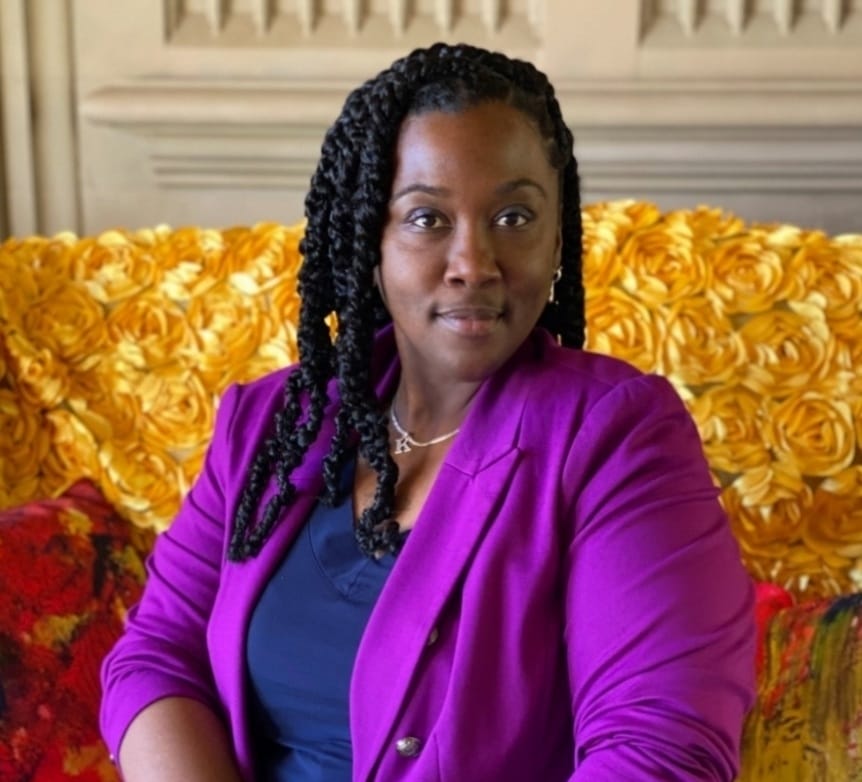
“I’m just another example of how purpose can come from pain,” Kelli says. Even when she was just a teenager, Kelli Dillon knew what it was like to have guns pulled on her and to be shot at. Years later, she found herself on the other end of a gun when she fatally shot her abusive husband.
While serving time in prison, she reflected on how gun violence shatters lives and rips communities apart, and upon her release she dedicated herself to serving her community.
Kelli founded Back to the Basics Community Empowerment Organization, which takes a holistic approach to preventing violence and provides crisis assistance to individuals experiencing various forms of trauma. Inspired by her own experience, she is now working to merge the work of gender-based violence and violence interruption crisis response services together to address the gaps in services and the overlap in the crises.
TAKE ACTION
The gun safety movement is on the march: Americans from different background are united in standing up for safer schools and communities. Join us to make your voice heard and power our next wave of victories.
GET INVOLVED